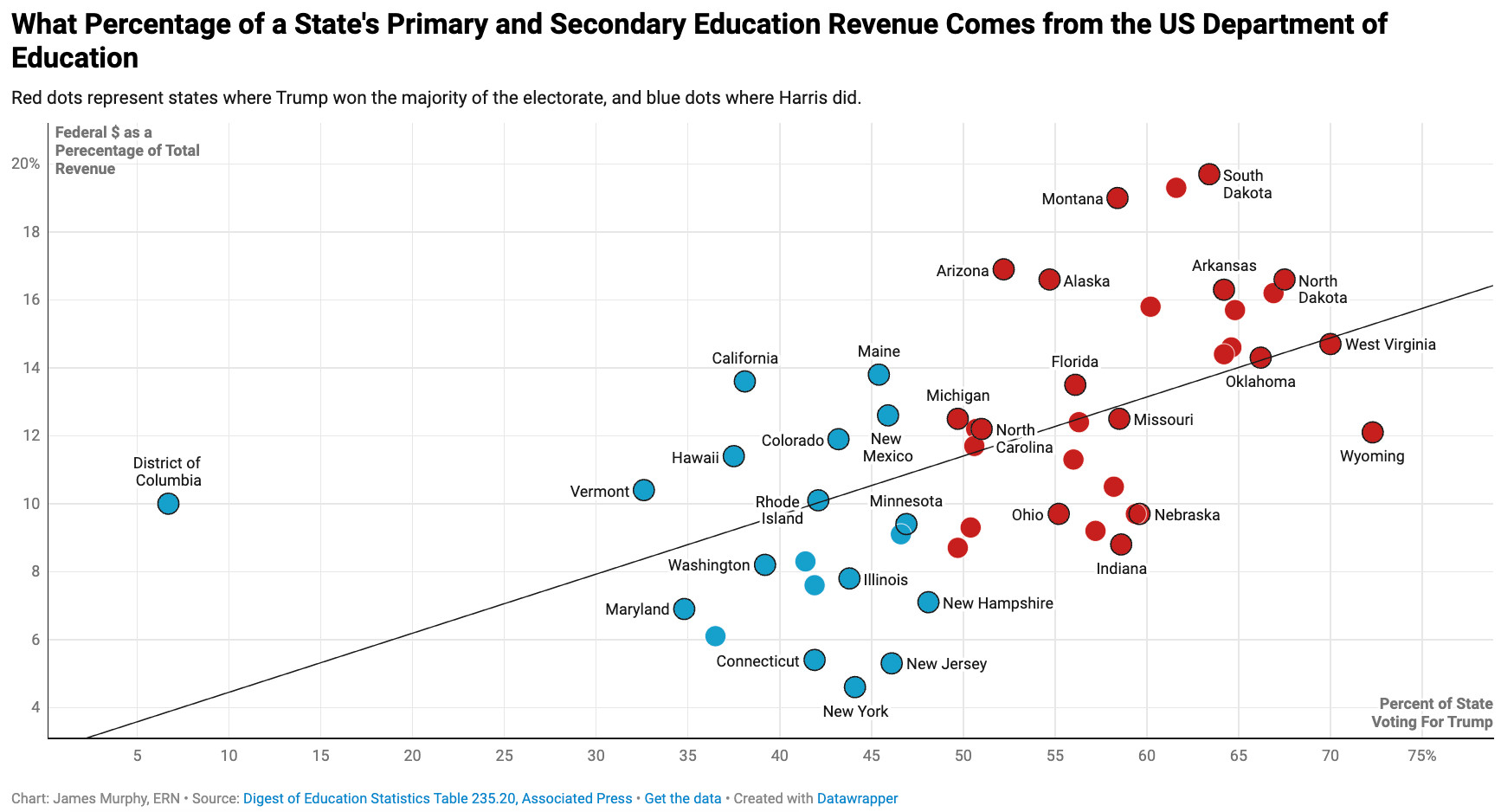Suedesi
Full Member
Nope, you don't understand what I'm saying. Let's assume all that is true. Polls systemically under-estimated Trump because of bad sampling, shy voters, etc. Well, we have the results of the election now. The final under-estimation was 2-3%. So add that 3% to the favoured side of your argument!
And then tell me how X, reaching 10-20% of voters, affected the election more than facebook, reaching 50%. Explain the polling error that makes 50% and 20% indistinguishable. If the polls had predicted Kamala winning 65% of the vote and 500 electoral votes, you might have had a point...
I don't - start from the beginning.





